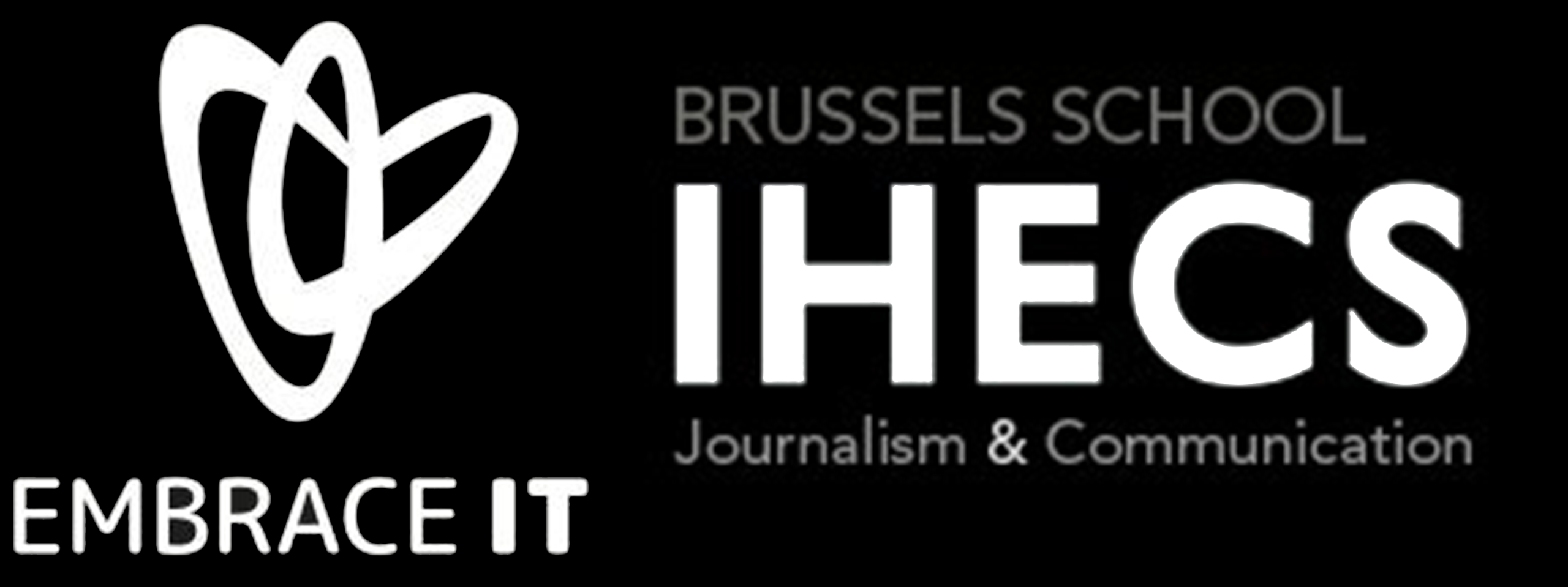Don't dare to fall in love with a refugee
The journey of Basel and Kata
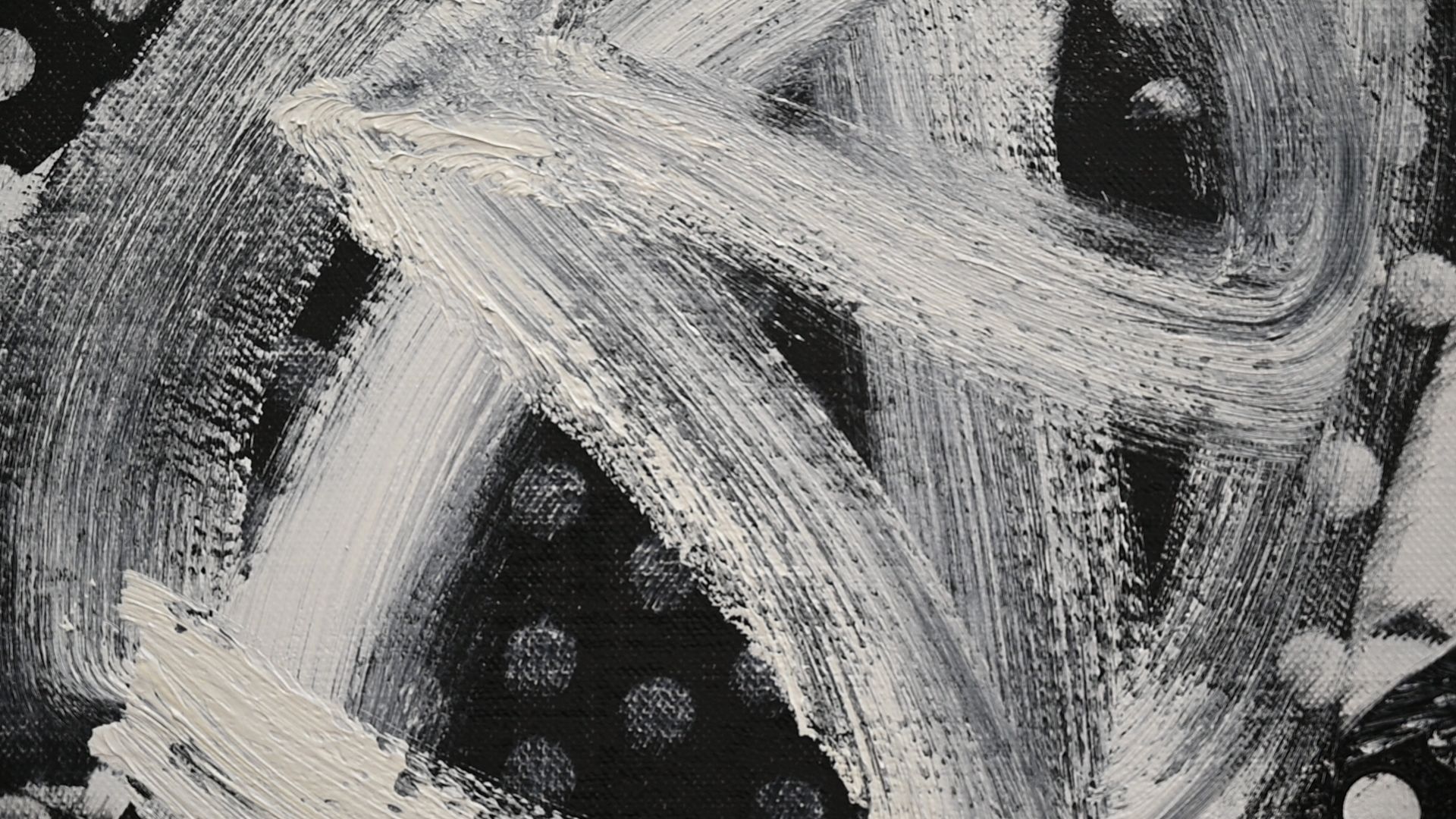
" I say love is for the brave,
and life is for the brave "
This text was written by Basel Addoum,
with images from the exhibition of Yves Zustrassen at Bozar.
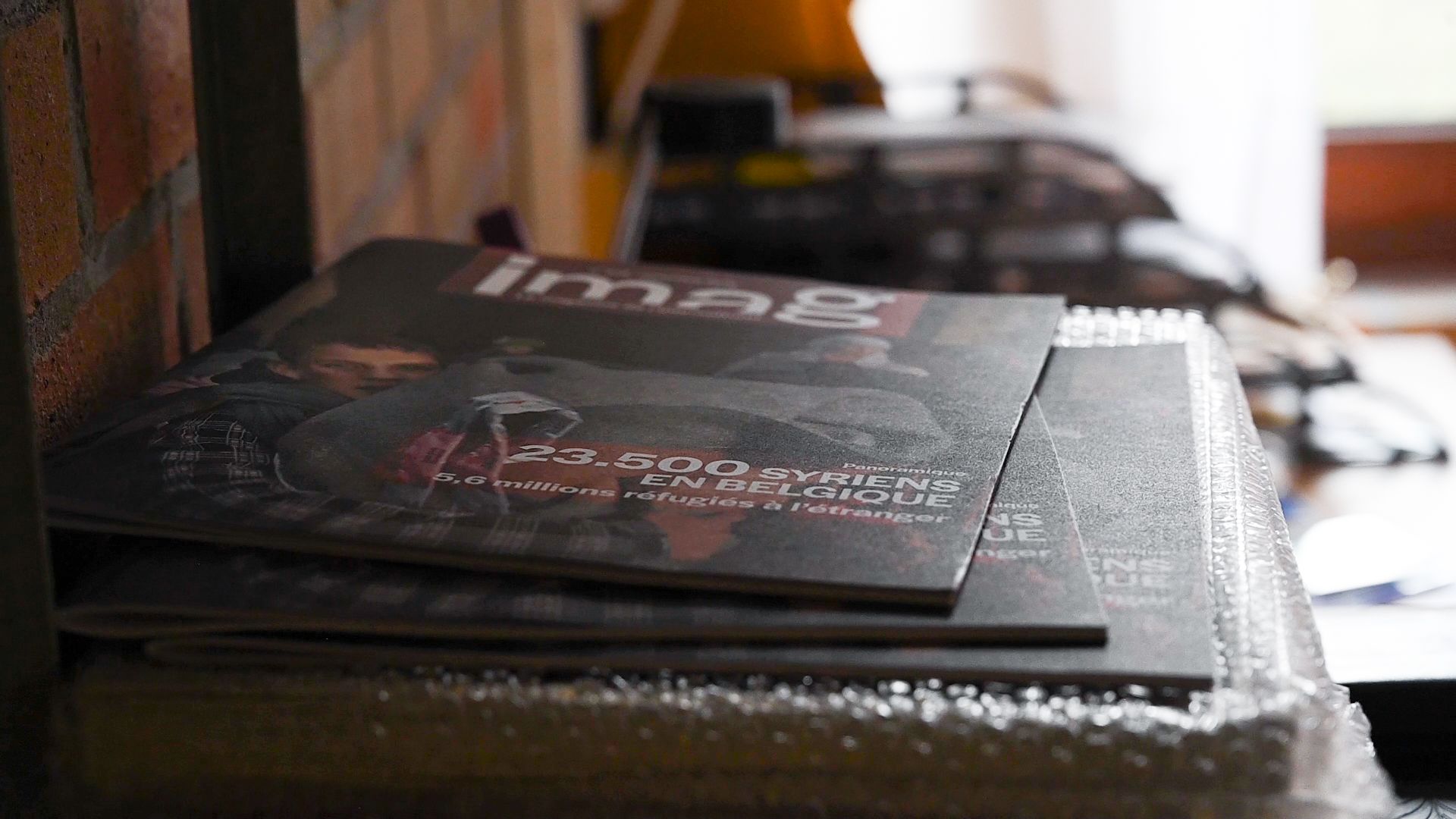
After finishing my master's degree, I was not allowed to continue my PhD and I was asked officially to join the army.
I was left in between two decisions : to join the army or to join the opposition.
.
.
.
.
.
.
.
.
.
.
And I agree with neither.
They don't represent me. Fanatism doesn't represent me and violence doesn't represent me.
So I decided to leave.
.
.
.
.
.
.
.
.
.
.
This was my room.
A bomb hit it when I was sleeping inside.
I survived.
(Idlib, 2014)
.
.
.
.
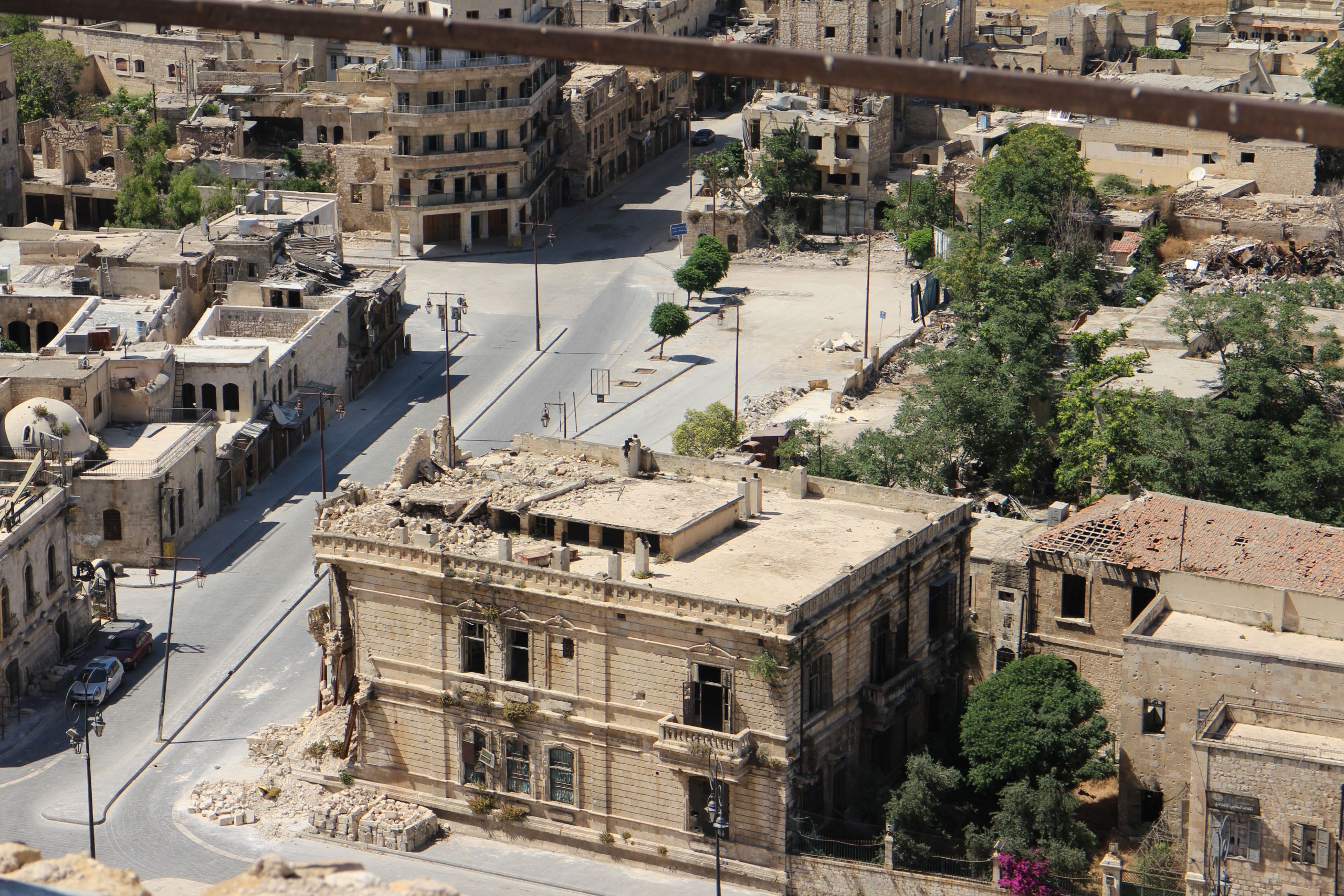
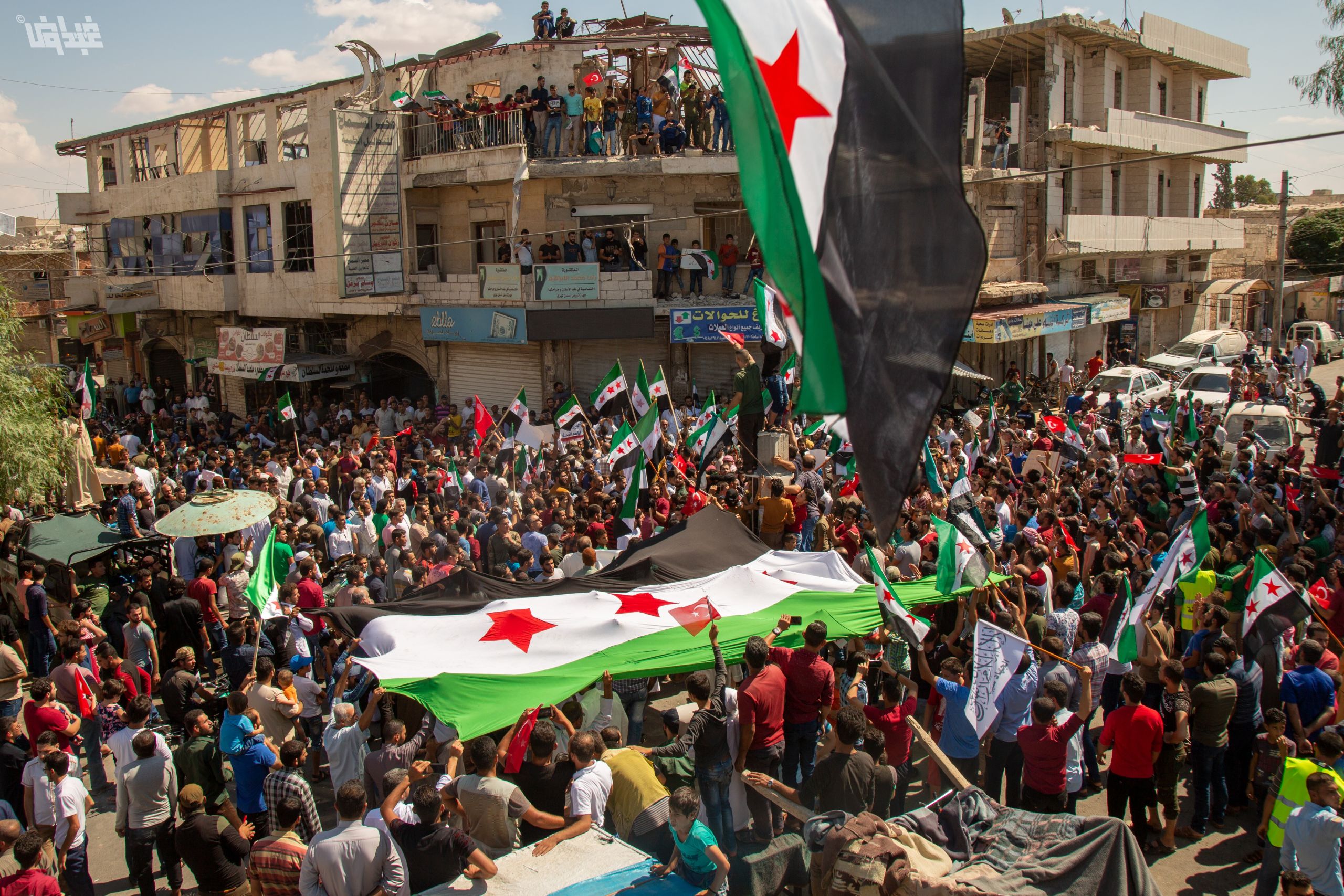
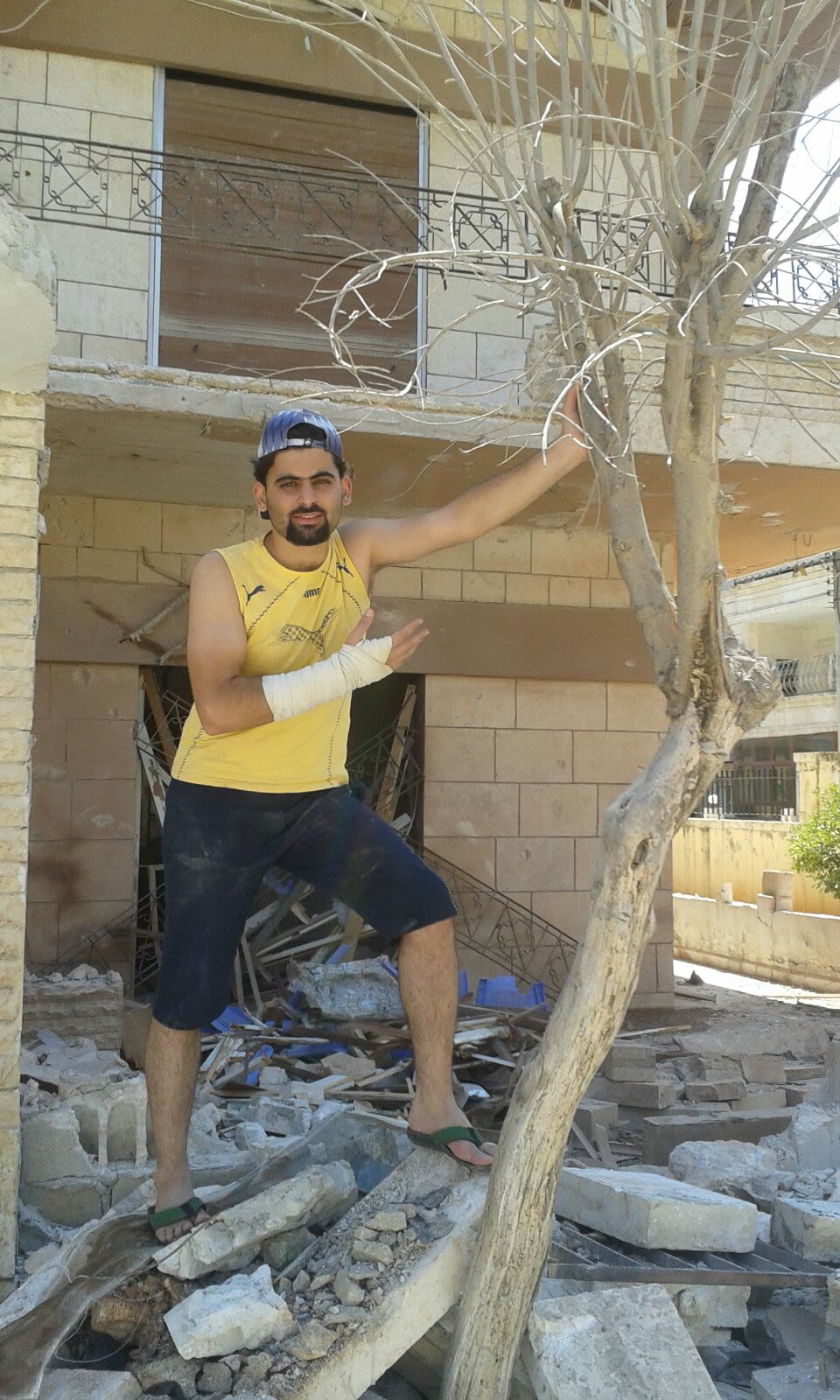
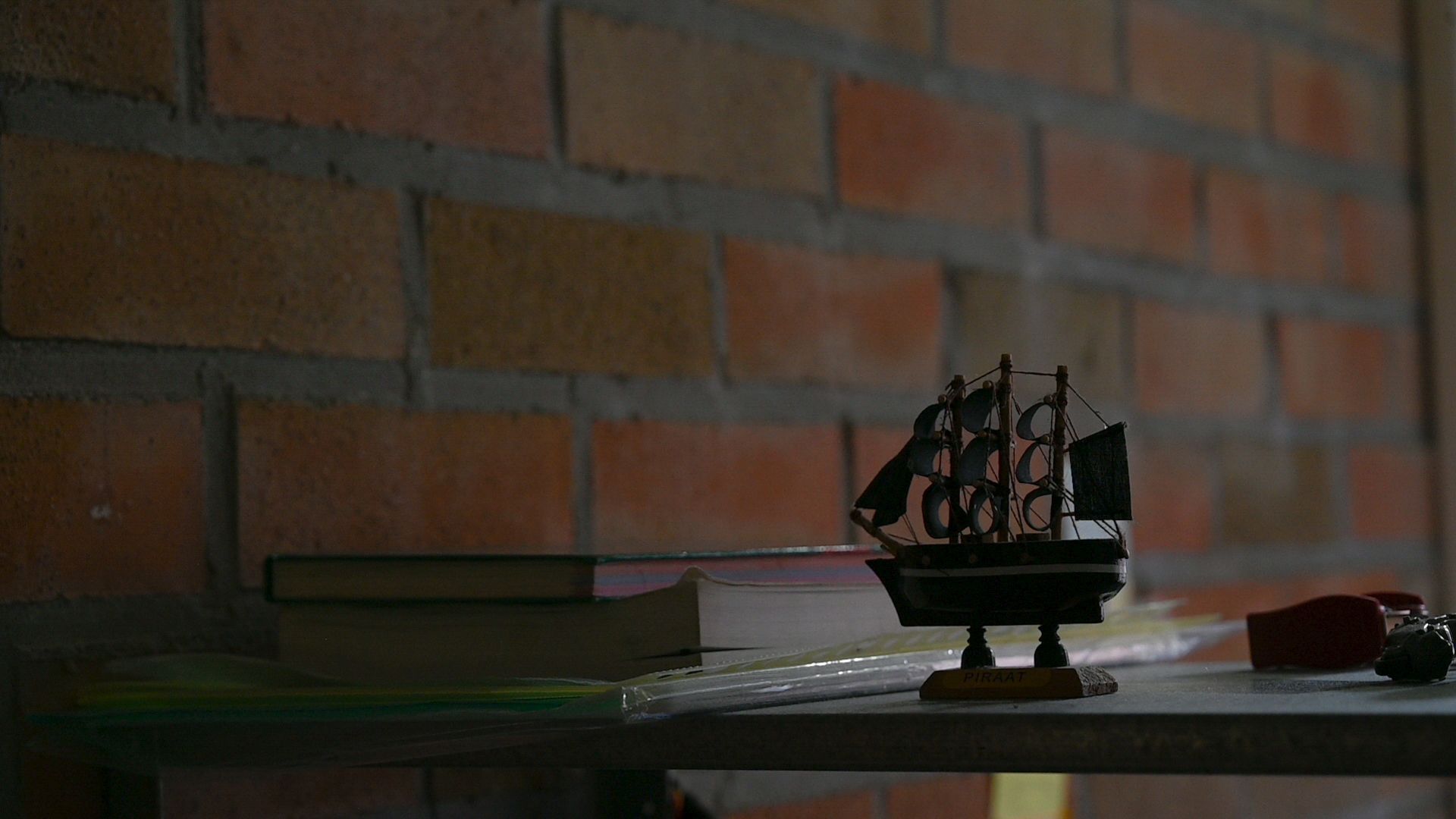
I got to the border between Syria and Turkey shortly after I took the decision to leave. I had to stay there for two days, waiting for my turn to cross legally.
I didn't know anyone in Turkey, and I had no idea where to go. So I started talking to people. One thing led to another, and I found myself travelling from city to city, from one contact to another, until I found a way to cross the sea to Europe that seemed "safe enough"...
One night, I got to the seaside with a group of migrants. There was an inflatable boat waiting for us, but it took a long time before it was filled with air and we could leave.
At midnight, the boat was on the water, and the Greek coastguards picked us up around 4:30 in the morning.
When I arrived in Greece, I managed to find some contacts, just like I had in Turkey. But this time it was through friends from Syria who knew people that had gone through a journey similar to mine, and who agreed to let me stay at their place for a few days.
I stayed in Greece for 4 months and found some work in construction, so I could save money to continue my journey. When I had saved enough, I walked from border to border, Serbia, Macedonia, Hungary, until I made it to Vienna, where I took the train to Brussels.
I arrived here on the 1st of June 2015.
Right as I left the train, I asked people where I could go to ask for asylum. Thankfully, the immigration office is not far away from the North Station. So, on the 1st of June 2015, I asked for asylum and I received a piece of paper with an address on it,
a train ticket and a bus ticket.
I was lost, I did not know Belgium and I did not know where my destination was, so I used Google maps to arrive there. I was sent to a closed center, near a village called Florennes in the South of Belgium.
The center was an old military base from WWII, that was renovated in order to welcome asylum seekers. It was a real nightmare. It was on the edge of an operating airbase, we had fled a war zone, and now we had F-16 flying above our heads.
We were put there to be away from people. The daily life was dull, static and boring. Everyday, we would wake up at 6 am and have breakfast at 7, then we were free until midday when we would have lunch, and then nothing until dinner at 6 pm, after which we would just go to sleep.
There were no activities, no classes.
It was like prison.
Actually in prison, they have activities, courses or a gym. We only had a football pitch. I was lucky, because I only stayed there 4 months, normally people stay for one year.
I was asked to leave the center because I had received my residence. The nearest city I knew was Charleroi, because I had passed by it when I was on my way to the closed center. I did not know any other city. I arrived at Brussels first, but Brussels is big,
it is not like Idlib (my hometown).
I stayed in Charleroi for 9 months. I had many projects, I wanted to learn French and go back to university. I wanted to start the PhD in Literature that I left.
We met after 2015. The social mood, at the time, was not so sympathetic with newcomers. We were considered a threat to society, to its cultural and democratic values. We were considered a burden, economically and otherwise. The general mood at that time was not really encouraging people to get in contact with us. I met Kata before I graduated, so I was stressed. I was not “emotionally available”, but she was very supportive of me.
When Kata and I started dating, she wanted to introduce me to some of her friends. My first immediate response was “No, thank you”, because I didn’t know how they would react, I feared they would hurt me somehow. I feel a bit foolish now, because we all became very close friends. Prejudice is a two-edged sword: it can harm both ways.
Later, we went to Hungary to visit Kata’s family. I was afraid from A to Z. My skin, my color and my ethnicity are visible, and I was scared people would think that I’m not one of them… You know, I imagined that people would come running after me with sticks.
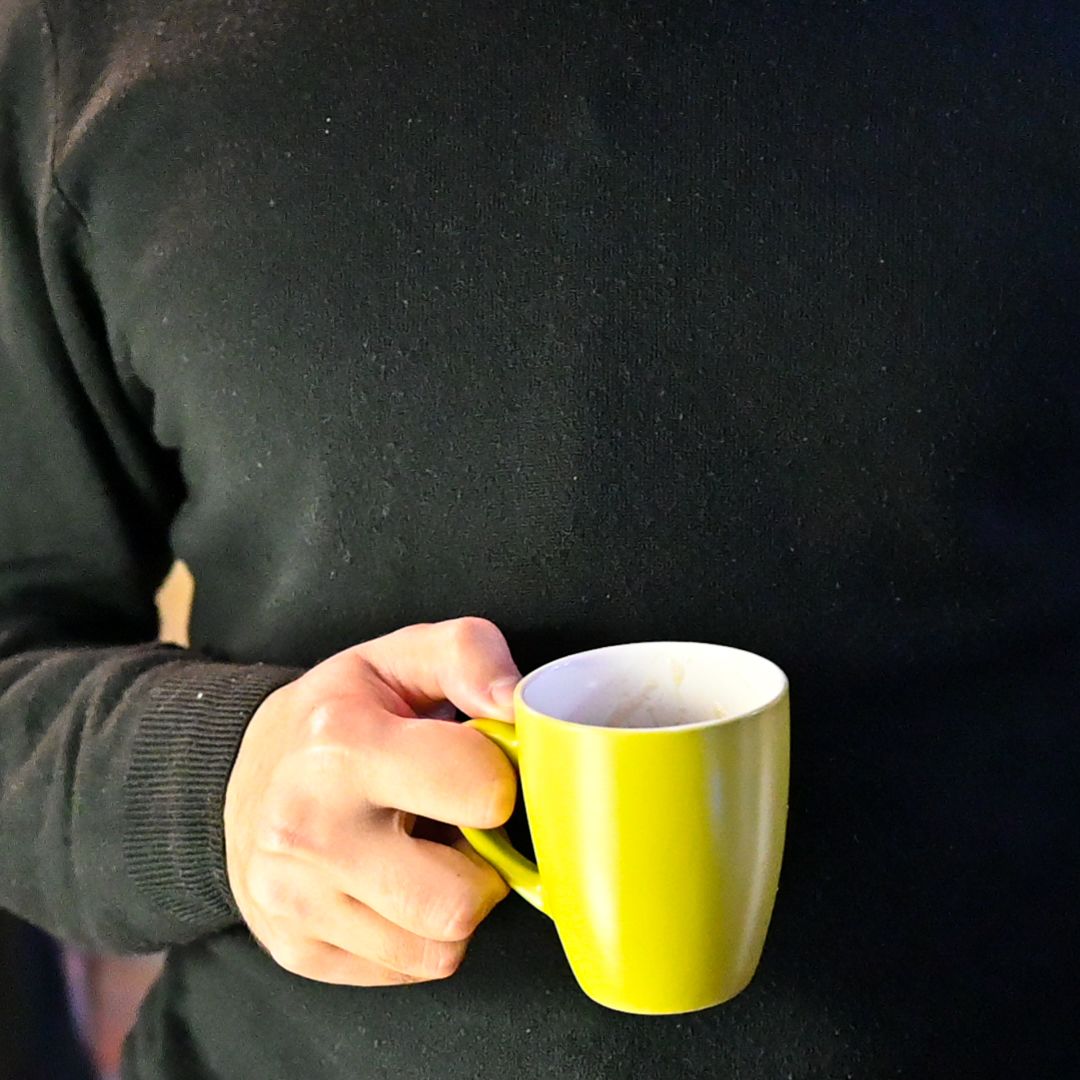
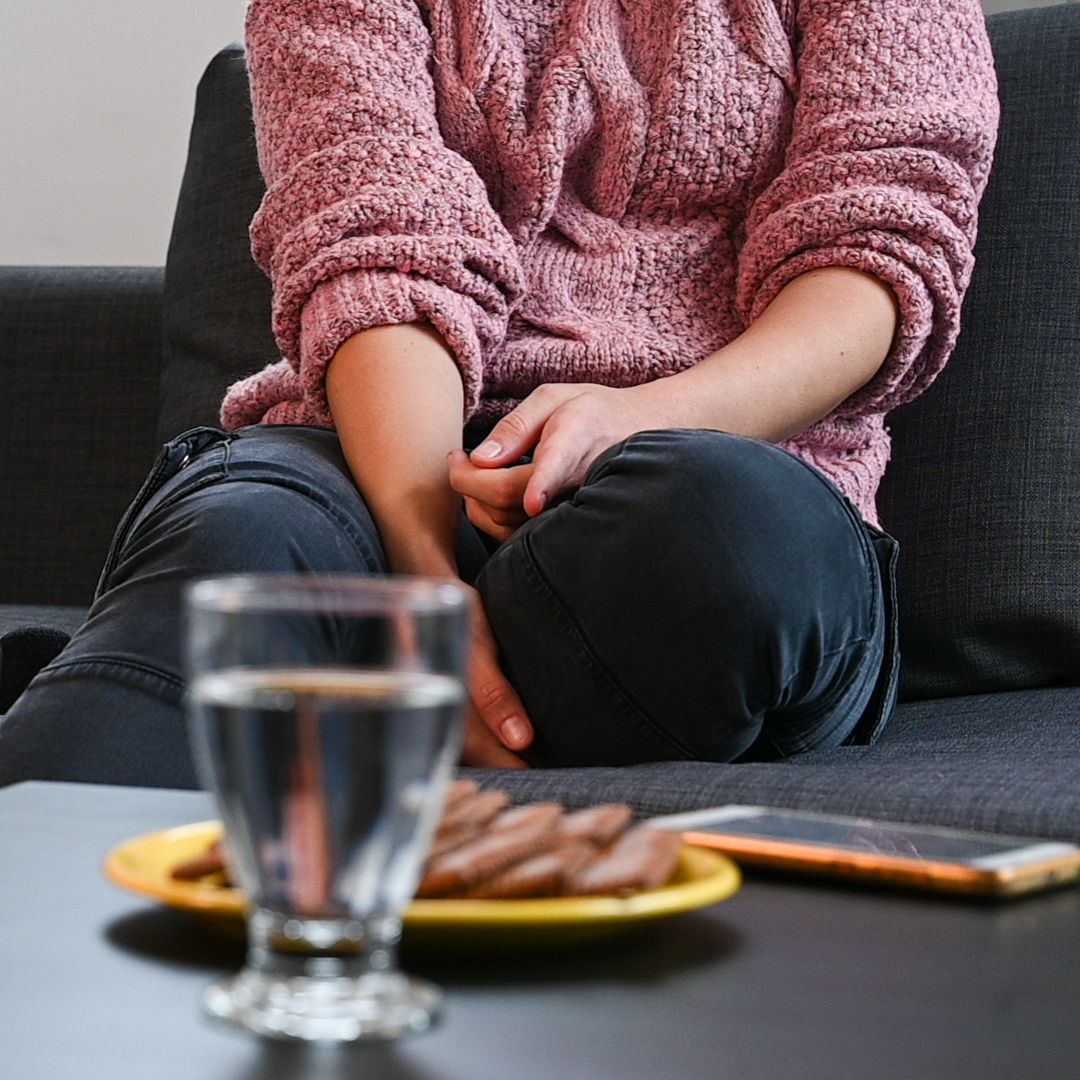
.
.
I never thought of Basel as a refugee. To me, he was just a guy, a person. I didn’t think about how I needed to act around him. Once you start seeing the other person as a refugee, that is when you start acting differently.
Before meeting Basel, my friends would tell me to be careful. But when they met him, they realised that their warnings were absurd, and they just really like him now.
Life in Belgium is quite similar to life in Hungary. Except for Brussels. I have been living here for 3 years, and I find it culturally more diverse, which makes it easier to live here as a foreigner. I enjoy living here, but I miss nature. I used to go on trips in the mountains and national parks in Hungary. Basel is happy to live in the city centre, but I don’t enjoy it as much. I often miss Hungary and my hometown.
Turns out I was completely wrong about Hungary. The people working at the airport were very respectful. When we landed in Hungary, Kata’s mom came to pick us up, and she had brought this basket full of sweets, flowers and Syrian bread. She had even learned how to say “Hello, you are welcome in this family” in Arabic. I felt really bad… How could I have had so many misconceptions? Her family was so nice, I was hugged all the time by the grandparents…
I remember that year at Christmas, the whole family was gathering at a big table. The grandfather sat at the end of the table and, of all the people there, he asked me to sit next to him. He said: “From now on Basel is part of our family”. It felt good.
Kata made me feel more comfortable, not only towards her, but towards her friends, her family, and the rest of society. I am so thankful to her, because today, I feel comfortable with the whole world.
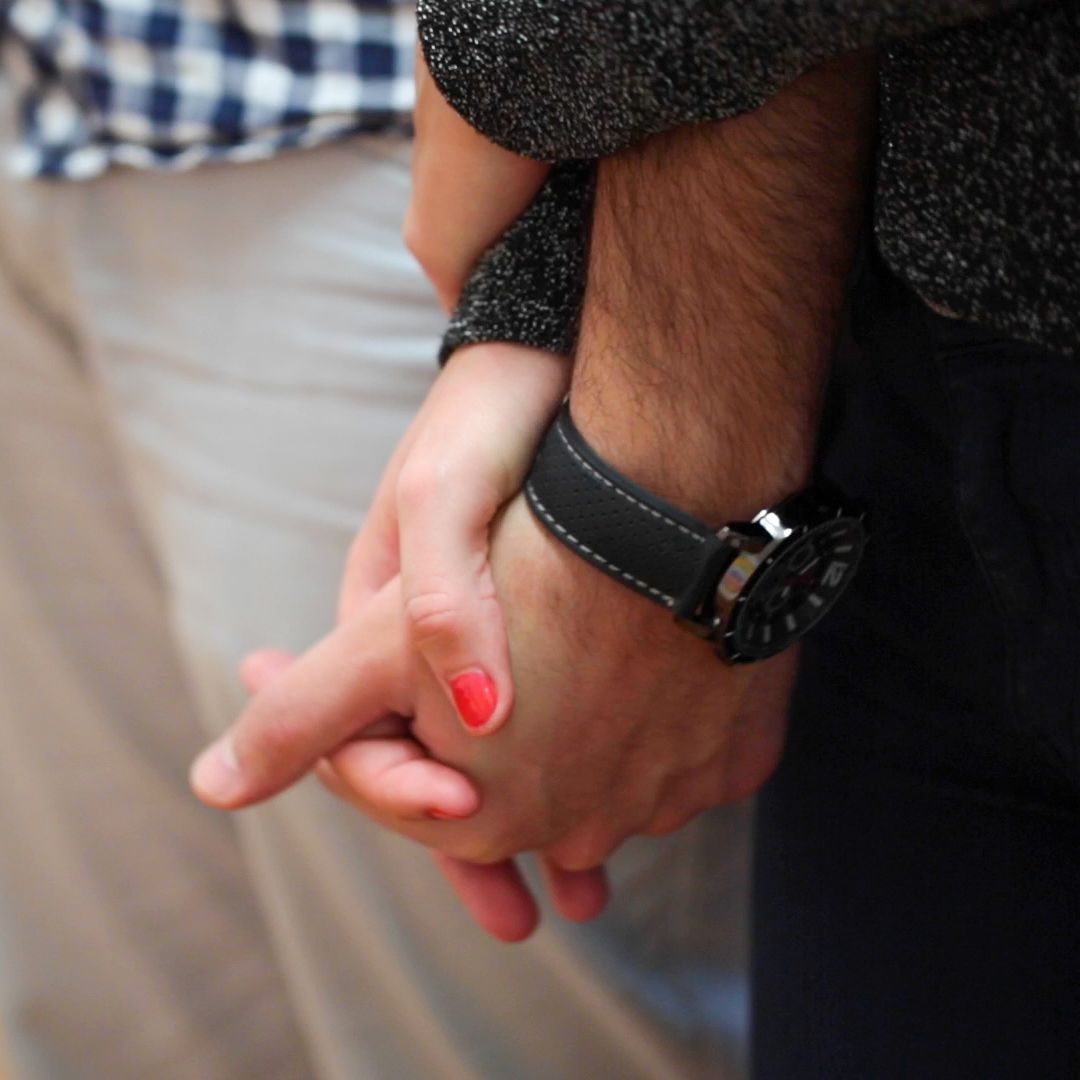
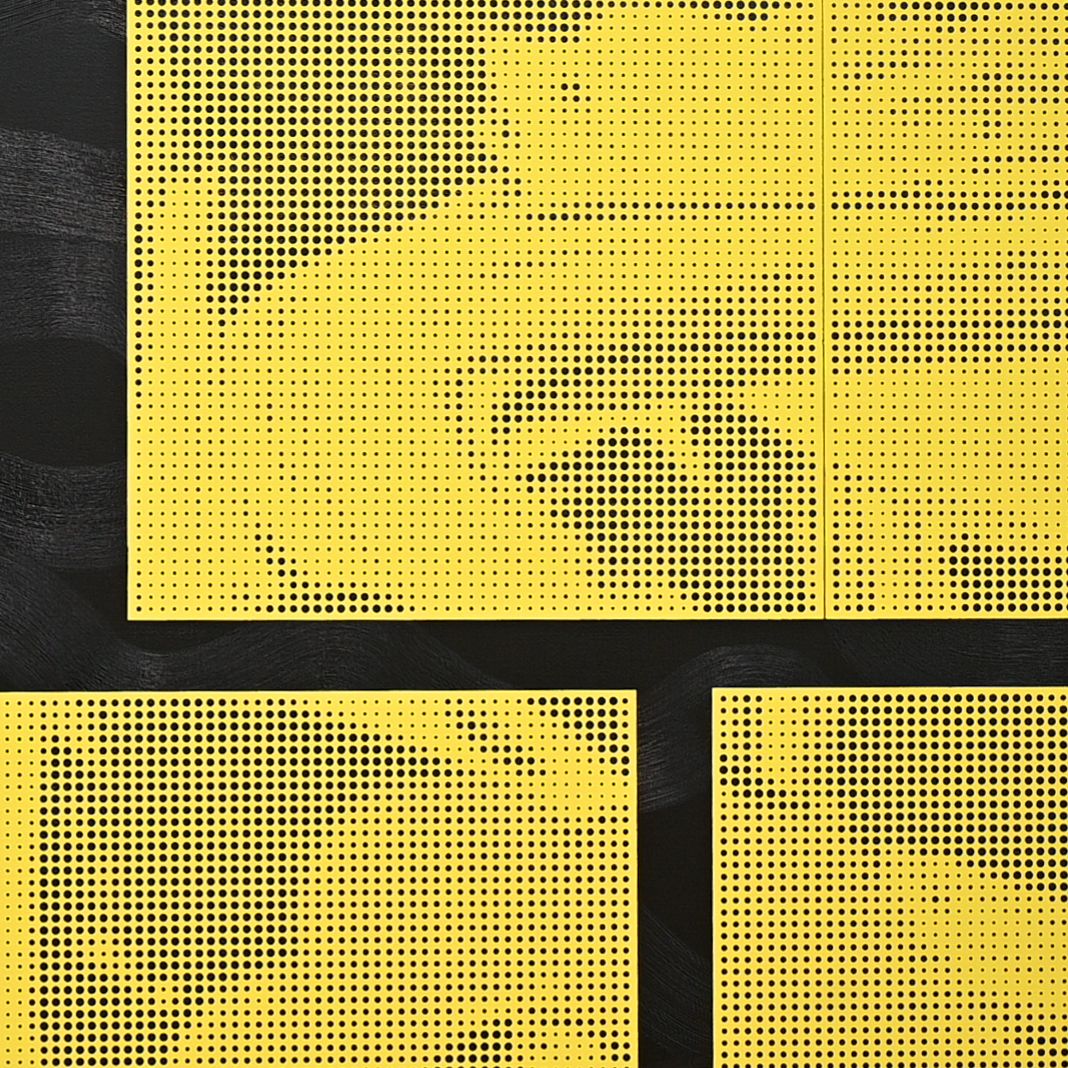
I honestly was not worried when Basel first met my family, because I knew they would be welcoming. My mum always says: “If you’re happy, I’m happy.”
I have met Basel’s brothers, but his parents are still in Syria. We have talked a bit about his background, but he’s still not very comfortable sharing about it. I know about his journey, but I’m still missing some parts. It’s like a puzzle, from time to time he’ll add a piece of his story, but I can’t see the whole picture yet.
Sometimes, I think that if I were also a refugee, Basel would maybe be more open about this part of his life. But then, if I were a refugee, I don’t think I would be where I am today, I don’t think I would be as strong. In the end, I don’t know if I myself would be able to share.
Obviously, I didn’t know Basel when he lived in Syria, for me “Basel in Syria” and “Basel in Brussels” are two separate people. Sometimes I wonder how much he changed because of the things that happened to him. In a way, we are living a similar experience, because neither of us has family here, but we live it differently.
Kata never asked me to tell my story from A to Z. I am thankful for that. Sometimes, I would bring up a topic, like a type of food I tried in Turkey and, she would ask me some questions about my life there. I know this subject will come up, I am not ashamed of it. It is my past, and I will talk about it at some point.
I would not say that my past experience (i.e. as a refugee) added extra problems to our relationship. Coming from a different culture naturally produces some misunderstandings, but not actually because I am a refugee. But there are difficulties and a lot of pressure coming from refugee status. What my status entails is the problem. When I come back from a long day at the CPAS (public social action centres), I cannot speak. I am traumatized, I am depressed, and she knows that if she pushes me even a little, we will end up arguing. And this is in addition to “normal couple’s problems”. The pressure to start a new life, to find a job, to take classes… is influenced by my status and is influencing our relationship.
I want to learn Hungarian because I think one day we will live in Hungary. Kata is so obsessed with her country. I know she misses her family, and she wants to go back. But, from a legal point of view, I have to stay in Belgium for at least two more years.
If she wants to go back to Hungary before the end of those two years, I will do my best to keep our relationship alive. I want to apply for Belgian citizenship, but not because I want to be called a Belgian. In my mind, I will always be a Syrian refugee living in Belgium.
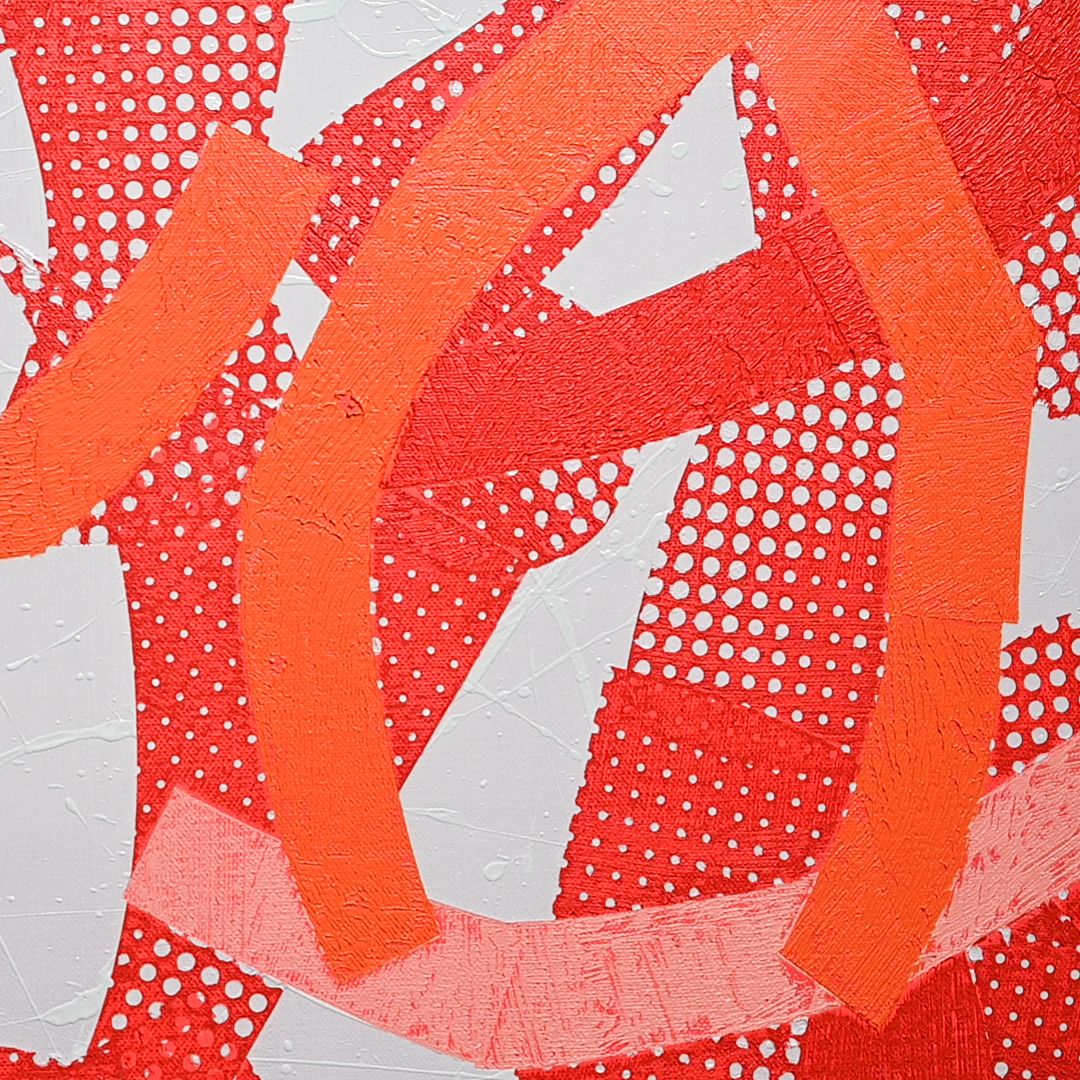
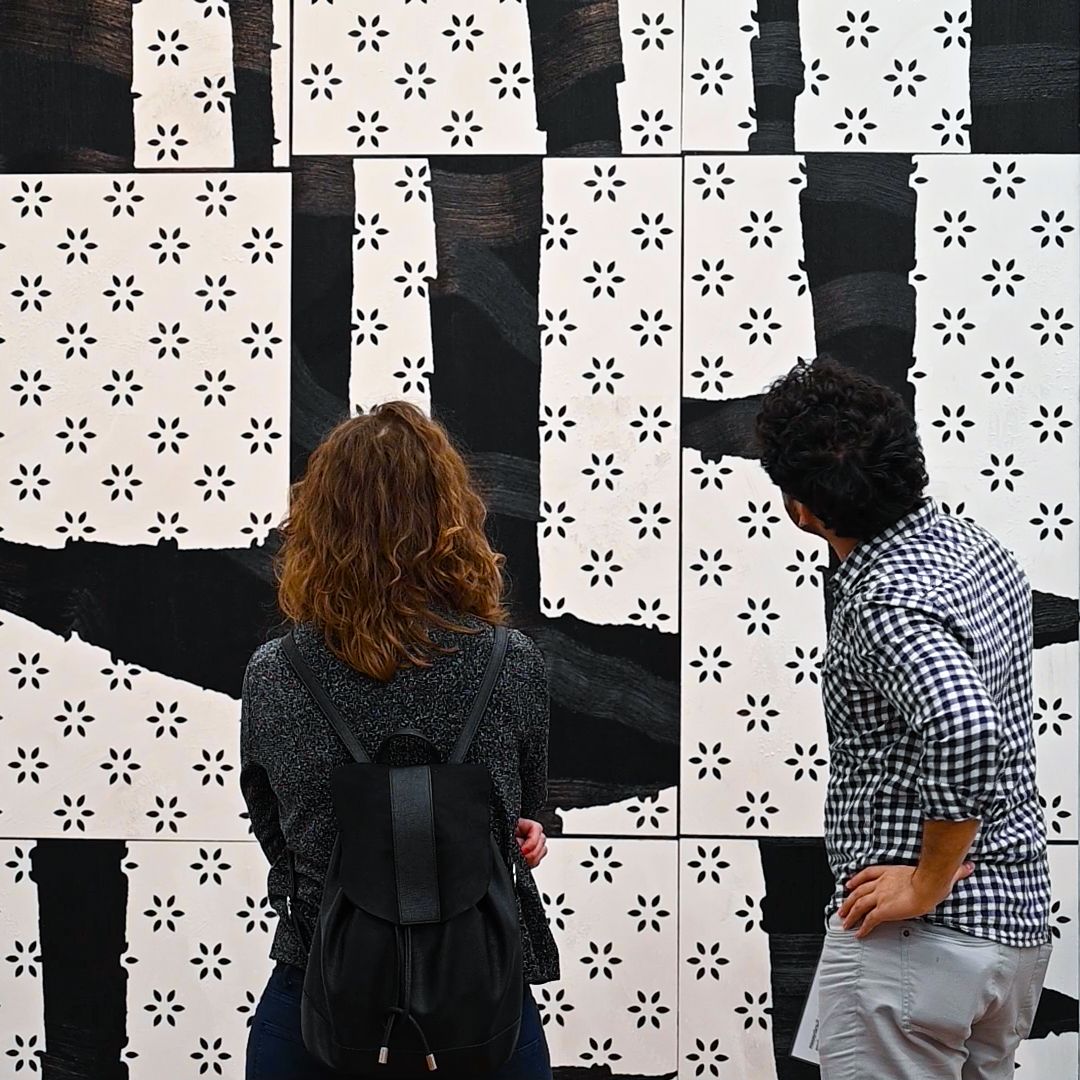
.
Today, we are a team, and also two separate people. We are different, but we know how to reach a compromise when there is an argument. We know we have to think about the other person in the relationship.
I definitely want to go back to Hungary; not now, but in a few years. I know that for Basel, it’s not possible to go right now, so I’m working on being happy here and I am trying not to think about home all the time. I miss my family and my friends, but I know that if I wait for him, we will be able to live there together in a few years.
" Love, to me, is trusting the other person with my feelings, with my heart and, with my past and my future. If I feel this comfort and trust, I know I can do anything for that person. Love, for me, is trust. "
- Basel
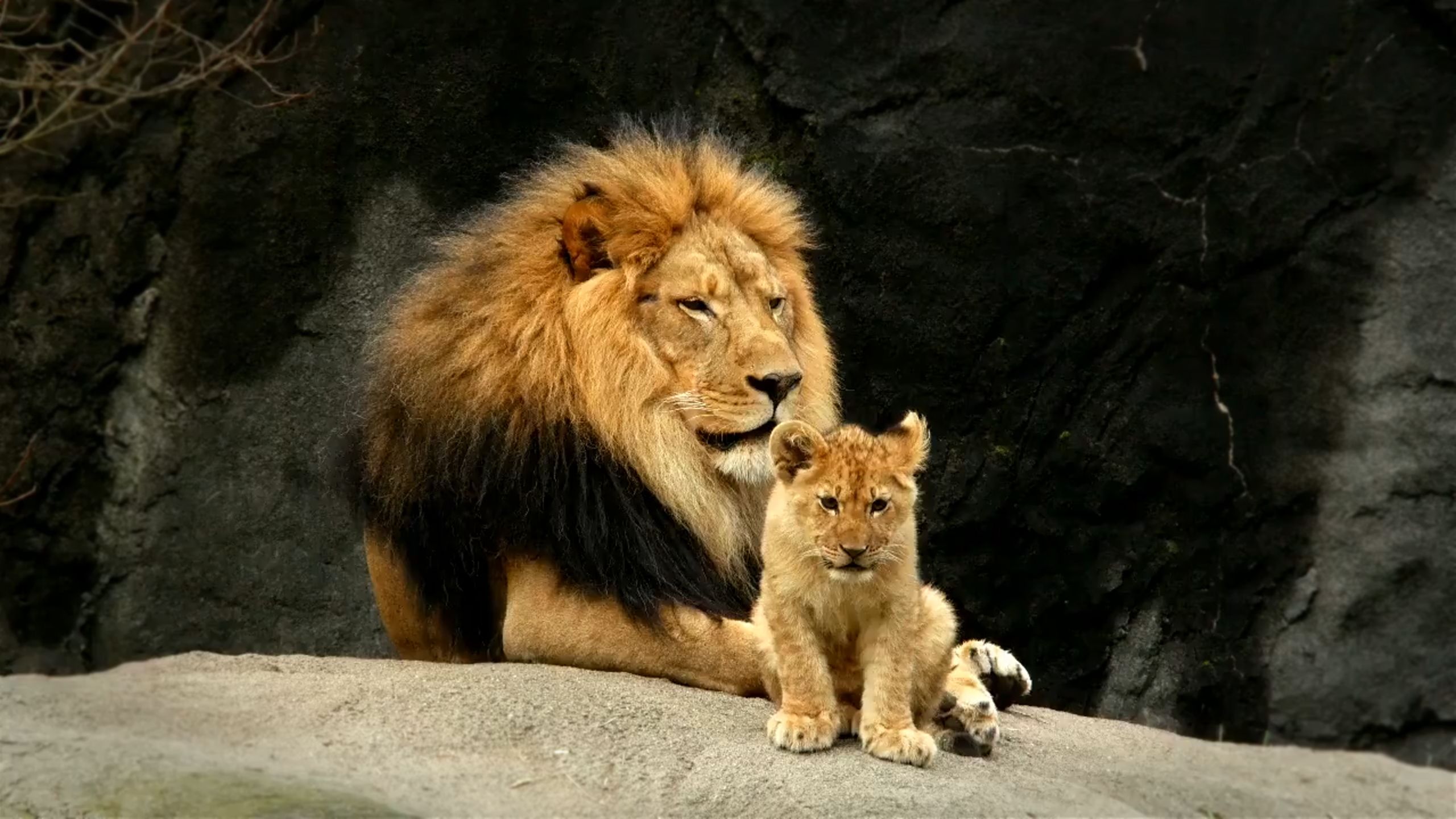
A huge thanks to :
Basel and Kata,
Laurence Vincent,
François Corbiau
and Ramzi Salem
Content created by :
Whitney Ampofo, Annaïk Garin,
Bruna Martins & Julie Meunier
Master 1 ASCEP - IHECS 2019-2020
